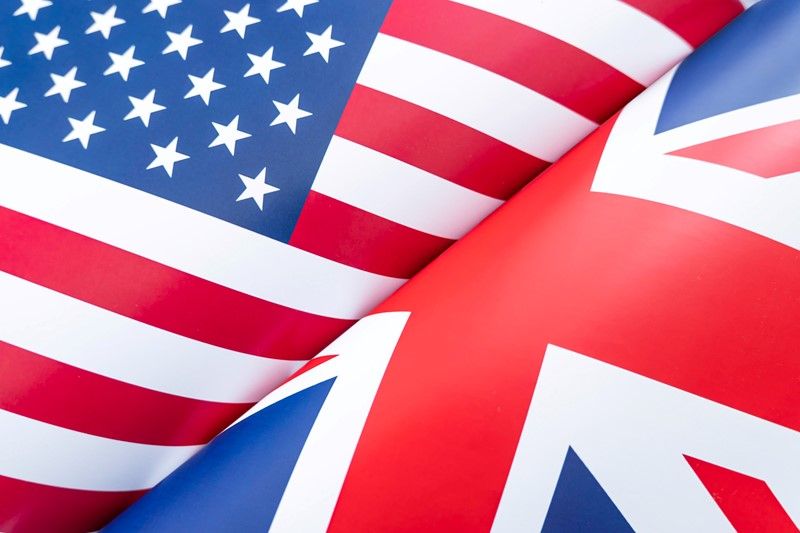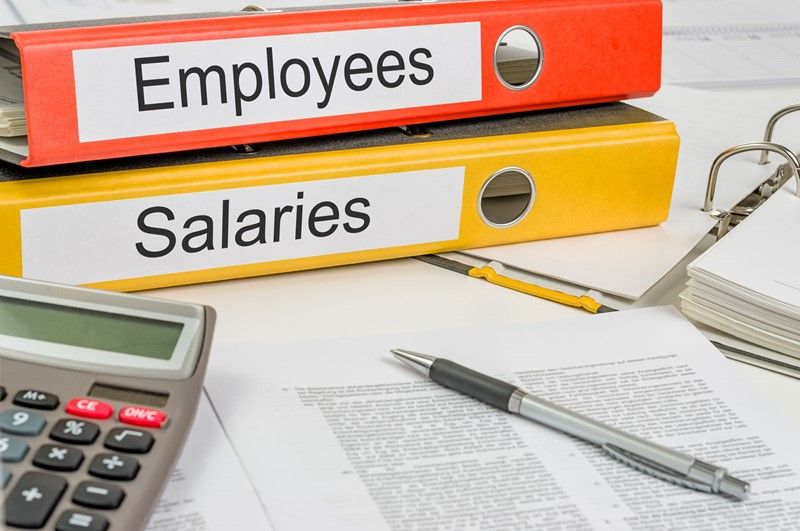£13.9bn of R&D funding
The UK government has announced a record-breaking £13.9 billion in research and development (R&D) funding for the coming year. This major investment is designed to drive innovation, create quality jobs, and support long-term economic growth across the country.
A large share of the funding, amounting to £8.8 billion, has been allocated to UK Research and Innovation (UKRI), which supports the UK’s leading scientific and technological projects. This funding will help deliver groundbreaking work across multiple sectors including life sciences, clean energy, and advanced engineering.
One of the headline projects includes research into new blood tests aimed at detecting dementia earlier. With nearly a million people in the UK affected by the condition, early diagnosis could make a big difference to treatment outcomes and overall quality of life. It would also help reduce pressure on health and care services.
Another key area of investment is renewable energy. The government is continuing its support for the construction of a new wind turbine test facility in Blyth, Northumberland. This project, which is receiving £86 million, is expected to boost the UK's capacity for clean energy development, support highly skilled local employment, and attract further private investment into the green economy.
The government sees this R&D investment as a central part of its broader 'Plan for Change', which aims to strengthen public services while encouraging economic opportunity and innovation. Officials believe that public investment in R&D often leads to a doubling of private sector investment over time. Evidence shows that businesses receiving R&D grant funding often experience more than 20 percent growth in both employment and turnover within six years.
Science and Technology Secretary Peter Kyle described the investment as a commitment to the future. He said innovation is central to solving society’s biggest challenges, from life-saving medical advances to tackling climate change. He also stressed that research and development plays a vital role in growing the economy and supporting public services across the UK.
This unprecedented level of funding shows that the UK is serious about its role as a global leader in science and technology. By supporting bold ideas and giving researchers the tools they need, the government hopes to unlock progress, create opportunity, and deliver real benefits for people and businesses throughout the country.




